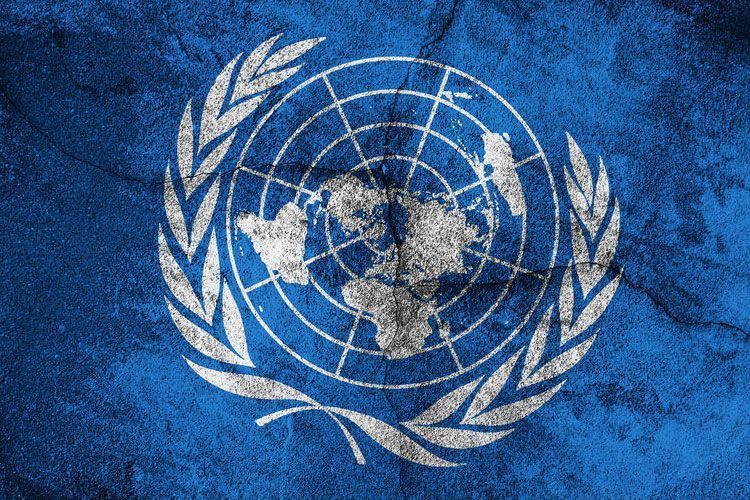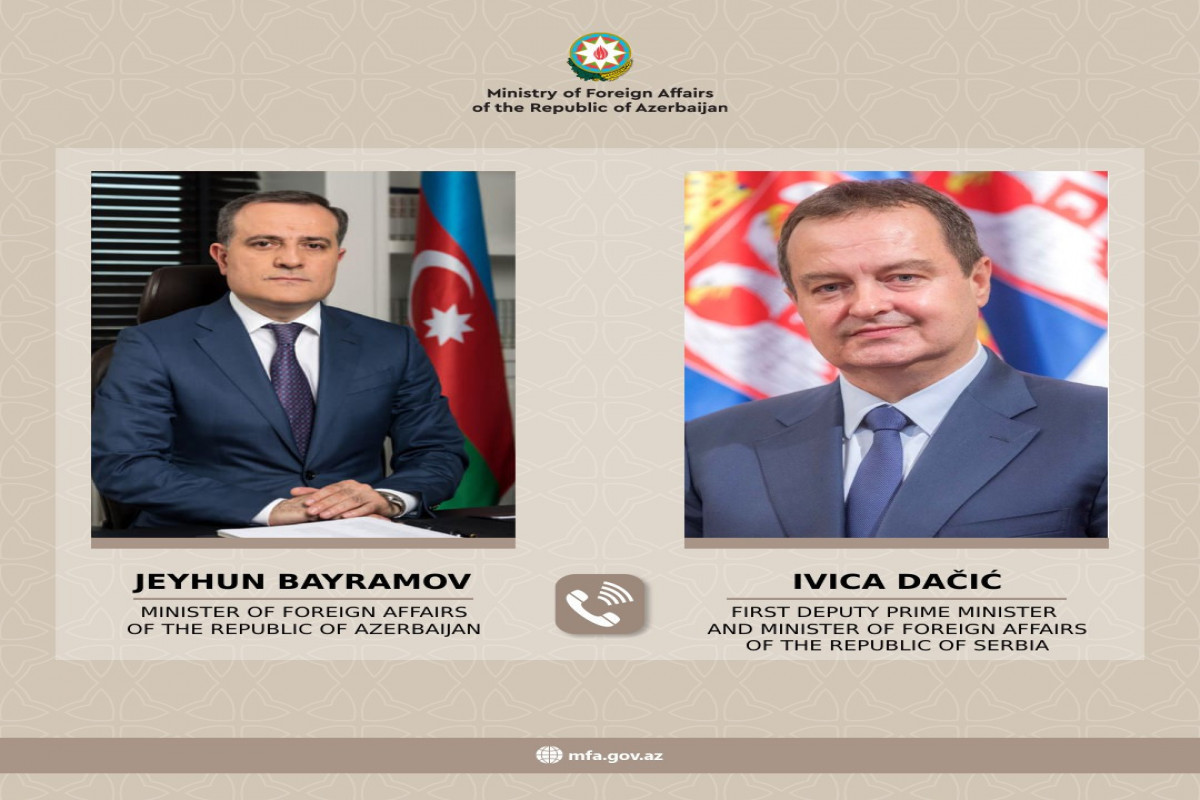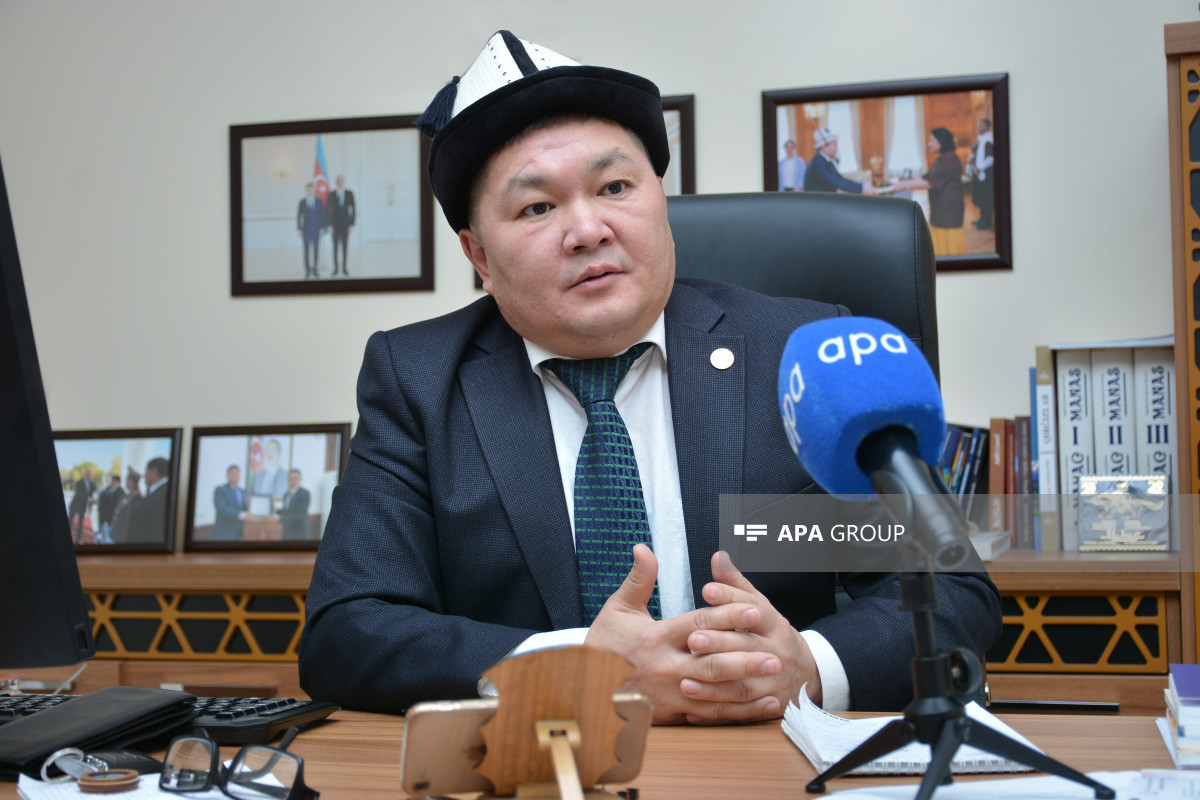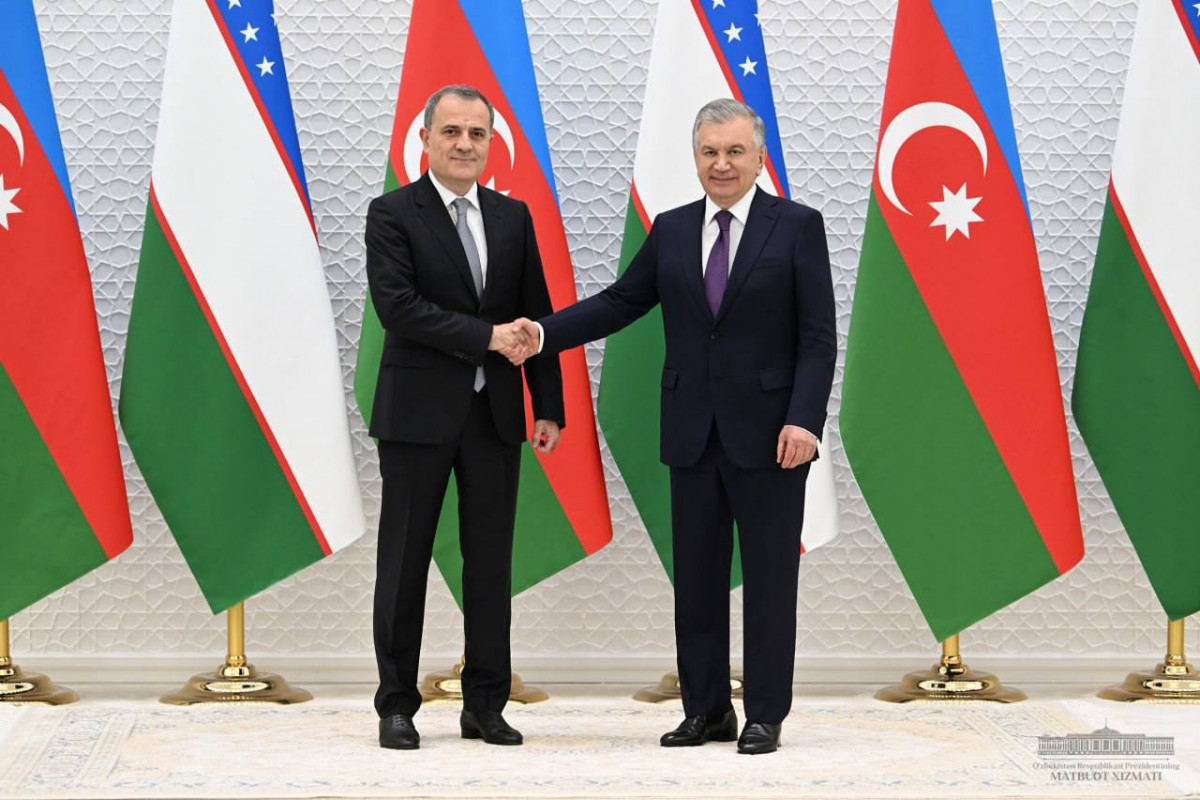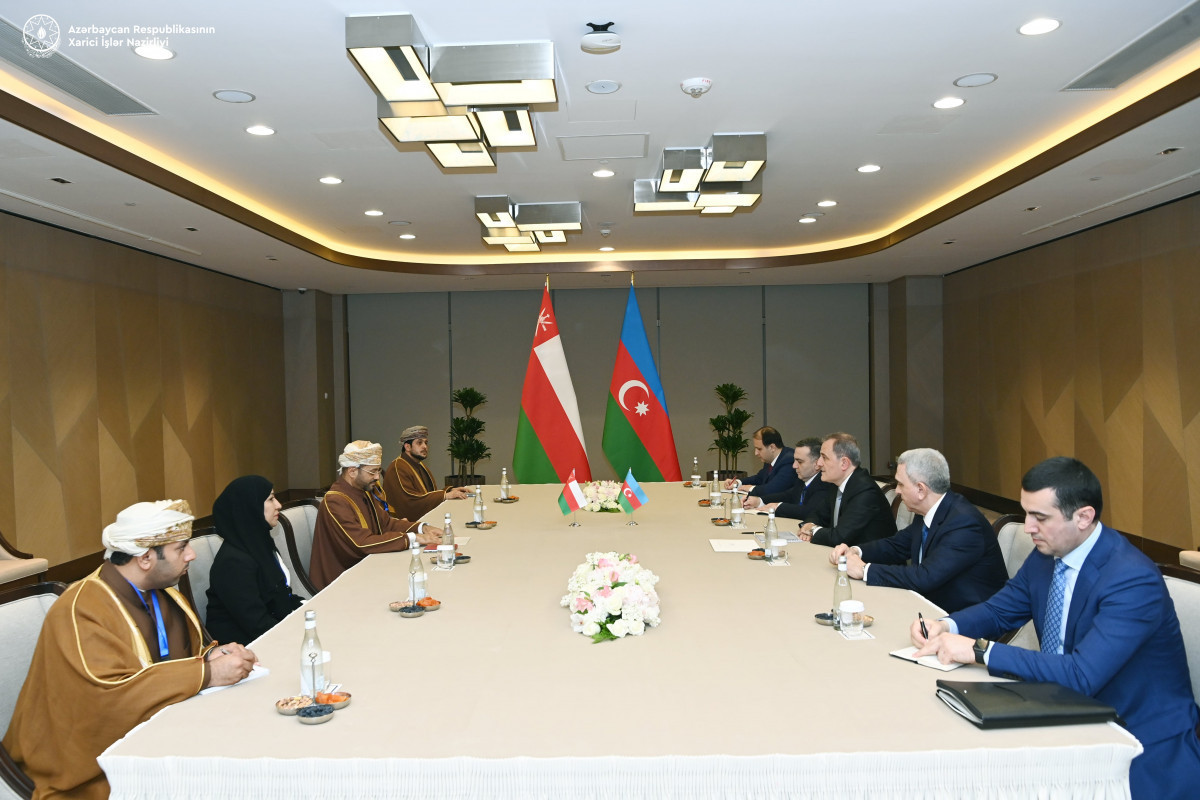Azerbaijani Mission to UN has addressed a letter to UN Secretary General on anniversary of the Khojaly tragedy, APA reports.
The letter reads:
"Twenty-nine years ago, the largest massacre during the conflict between Armenia and Azerbaijan was committed against the civilians and defenders of the town of Khojaly, in the Daghlyq Garabagh (Nagorno-Karabakh) region of the Republic of Azerbaijan.
One expert commentator has described the slaughter in Khojaly as “by a large margin the worst single atrocity of the Armenian-Azerbaijani war”.Before the conflict, 7,000 people had lived in this town. From October 1991, the town was entirely surrounded by Armenian forces. Throughout the winter of 1991–1992 the town was shelled on an almost daily basis, including in attacks that were either indiscriminate or directly aimed at civilian targets. Over the night of 25–26 February 1992, following heavy bombardment, the town was overrun from various directions. The assault was carried out by Armenian armed forces, with the direct participation of servicemen of regiment No. 366 of the former Union of Soviet Socialist Republics (USSR), who remained in the area after the Soviet Union had ceased to exist.
As a result of the attack and capture of the town, 613 civilians were killed, including 106 women, 63 children and 70 elderly people. Another 1,000 people were wounded, and 1,275 people were taken hostage. To this day, 150 people from Khojaly remain missing.
International courts and organizations have recognized the gravity of the atrocity in Khojaly. In a declaration on 11 March 1992 – just weeks after the massacre – the Committee of Ministers of the Council of Europe issued a declaration, expressing deep concern “about recent reports of indiscriminate killings and outrages” in Azerbaijan and firmly condemning “the violence and attacks directed against the civilian populations in the Nagorno Karabakh area of the Azerbaijan Republic”.
The crimes committed in Khojaly were not an isolated or sporadic act, but an integral part of Armenia’s widespread and systematic policy and practice. Azerbaijani civilians in many other villages and cities of the country were subjected to similar massacres by Armenian forces.
The European Court of Human Rights has concluded that the massacre in Khojaly involved “acts of particular gravity which may amount to war crimes or crimes against humanity”. The Organization of Islamic Cooperation has called for international and national recognition of the “mass massacre of Azerbaijani civilians perpetrated by the Armenian armed forces in the town of Khojaly” as a “genocidal act” and a “crime against humanity”.
However, the perpetrators of these crimes not only were not brought to justice but are glorified in Armenia. Another act of aggression by Armenia on 27 September 2020 has become a logical consequence of the impunity it has enjoyed for years. Similar to its atrocity methods of warfare employed in the early 1990s, Armenia, with the direct participation of mercenaries and foreign terrorist fighters, again mobilized all its skills to murder civilians and cause indiscriminate or disproportionate harm to cities, towns and villages in Azerbaijan. The armed forces of Armenia have repeatedly used prohibited cluster munitions and white phosphorus projectiles in their attacks against the densely populated areas, causing multiple casualties among Azerbaijani civilians, including women and children. Armenia is responsible for numerous war crimes committed by it, its officials and agents and those under its command and control in the territories of Azerbaijan since the beginning of the conflict. Such crimes include civilian deaths and injuries; the destruction and appropriation of civilian property; the mistreatment of detainees and prisoners of war; the taking of hostages; ethnic cleansing, forced displacement and changing the character of the occupied territories; the exploitation of natural resources; the destruction of cultural heritage; and damage to the natural environment.
The responsibility of Armenia is established both under general international law and with regard to the European Convention on Human Rights and involves legal consequences manifested, inter alia, in the obligation to provide full reparation for injury. The above-listed crimes also invoke the individual criminal liability of the perpetrators. Accountability must be an inevitable consequence of the offences committed. It is also an important preventive tool and an essential prerequisite on the path to genuine reconciliation and peaceful coexistence.
I should be grateful if you would have the present letter circulated as a document of the General Assembly, under agenda items 34, 35, 40, 70, 72, 86 and 135, and of the Security Council."


